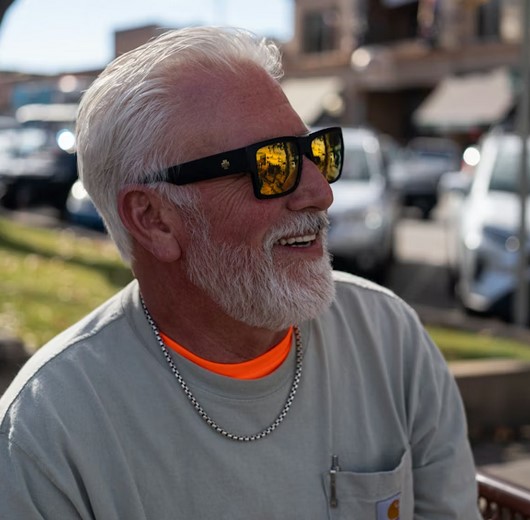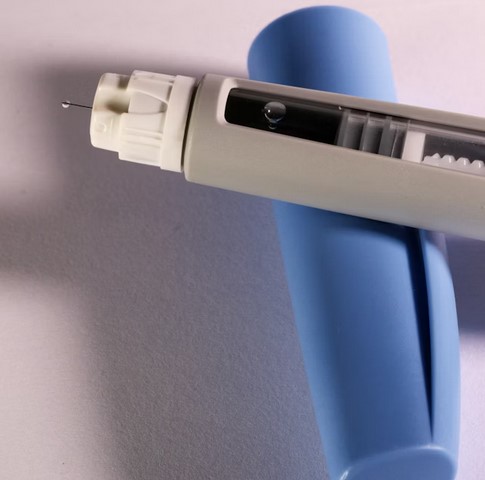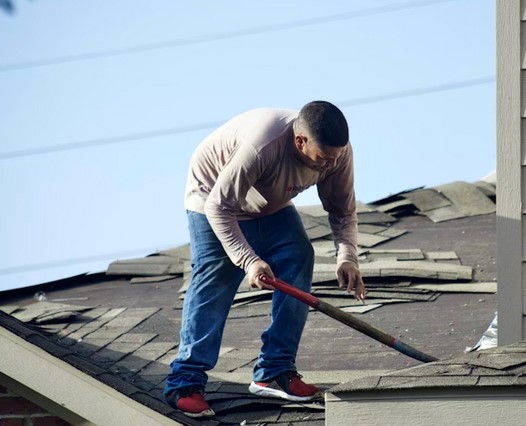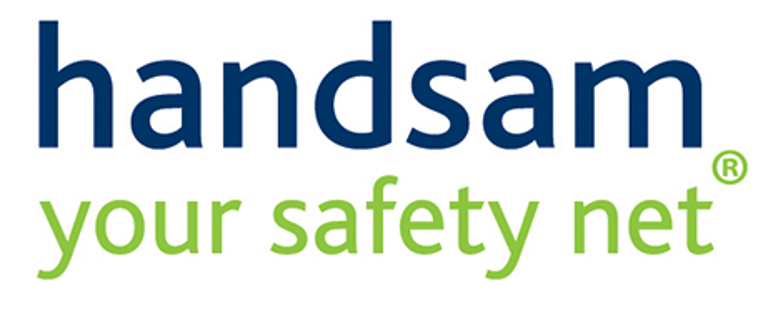
Use of Reasonable Force in Schools: New Guidance from April 2026
From 1 April 2026, the Department for Education’s existing guidance, Use of Reasonable Force in Schools, will cease to have effect. It will be replaced by new guidance titled “Restrictive interventions, including the use of reasonable force, in schools” (the New Guidance).
The New Guidance has been introduced to:
Establish new statutory duties to record and report the use of reasonable force and seclusion;
Clarify and strengthen expectations around lawful, proportionate and safe use of restrictive interventions;
Introduce clearer definitions and a more structured decision-making framework;
Place a stronger emphasis on prevention, de-escalation and pupil welfare, particularly for pupils with SEND; and
Address gaps in the previous guidance, especially around seclusion and non-physical restraint.


Pupils Worry AI Is Undermining Study Skills, Research Suggests
As the UK workforce continues to age, employers face a growing challenge: how to support experienced employees to remain healthy, productive and safe at work for longer. With demographic change accelerating and working lives extending, organisations that fail to adapt risk higher injury rates, skills shortages and the loss of valuable institutional knowledge.
The UK’s workforce is ageing rapidly. Around a third of people currently in work – approximately 11 million individuals – are aged 50 or over, while 1.6 million people aged over 65 remain in employment. By 2030, it is estimated that more than half of the UK workforce will be aged 50 or older, a trend driven by longer life expectancy and increases in the state pension age.
This shift is already visible in labour market data. In 2024, the average age at which people left the workforce reached its highest level since Office for National Statistics (ONS) records began in 1984: 65.7 years for men and 64.5 years for women.
Managing Risk in an Ageing Workforce


REMINDERS
In the hustle and bustle of other responsibilities, you may have overlooked some articles from Compliance Matters Issue 55. Below are some of the things that made the news in the world of compliance in January 2026.


A study on the use of AI in UK schools, commissioned by Oxford University Press (OUP), found that AI is now widely embedded in pupils’ learning. Only 2% of students aged 13 to 18 said they never used AI for schoolwork, while 80% reported using it regularly.
Despite its popularity, 62% of students said AI had a negative impact on their skills and development. One in four agreed that AI “makes it too easy for me to find the answers without doing the work myself”, while 12% said it limits their creative thinking.
Alexandra Tomescu, OUP’s generative AI and machine learning product specialist, said the findings showed a high level of awareness among young people about both the benefits and risks of AI. She noted that around 60% of students were concerned that AI encourages copying rather than original work, describing this as evidence of a “sophisticated and mature understanding” of the technology’s role in education.

Children’s Mobile Games Face Increased Scrutiny Over Online Privacy Protections
The Information Commissioner’s Office (ICO) has announced it will examine how popular mobile games played by children in the UK protect their online privacy.
With around 90% of UK children playing games on digital devices, the ICO will launch a monitoring programme focusing on 10 widely used mobile games. The review will assess whether these games comply with requirements on default privacy settings, geolocation controls and targeted advertising. Any additional privacy concerns identified during the process will also be considered.
Mother Calls for Allergy Pens in Schools After Five-Year-Old’s Death
A mother is urging the government to act urgently to ensure spare adrenaline allergy pens are available in schools, following the death of her five-year-old son after an allergic reaction.
Benedict Blythe, from Stamford in Lincolnshire, collapsed at Barnack Primary School in December 2021 after suffering an anaphylactic reaction to cow’s milk and later died in hospital. An inquest concluded that delays in administering his adrenaline pen were a contributing factor in his death.
His mother, Helen Blythe, said no family should have to endure such a loss. “No parent should lose a child because medication wasn’t there when it was needed. The solutions exist. What’s missing is action,” she said.
A Cornish roofer has been sentenced after refusing to co-operate with an investigation by Britain’s workplace regulator.
The Health and Safety Executive (HSE) was alerted after workers were seen replacing a roof without any scaffolding in place. An inspection identified unsafe working practices on a domestic property in Cornwall being worked on by Steven Hendry, 40, of Liskeard. HSE inspector Hatti Shipp subsequently served Hendry with a prohibition notice, stopping the work.
Despite this, Hendry failed to provide further information requested under Section 20 of the Health and Safety at Work etc. Act 1974, which requires individuals and companies to co-operate with HSE inspections and investigations
Roofer Sentenced for Putting Workers’ Lives at Risk






Office 27, East Moons Moat Business Centre
Oxleasow Rd, Redditch B98 0RE
Phone: 0333 207 0737


